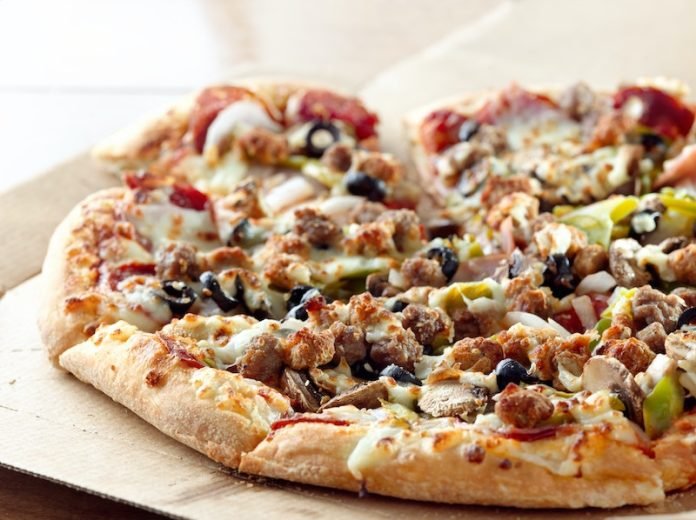
Did you know that there are tiny particles in some of our food?
These particles are called metal oxide nanoparticles, and they are used as food additives.
A new study by scientists from Binghamton University and Cornell University found that these nanoparticles could affect the health of our gut.
What are Metal Oxide Nanoparticles?
These nanoparticles are really, really small. In fact, they are so small that you can’t see them with your naked eye. Scientists add them to food for different reasons.
For example, titanium dioxide is used to make food look whiter and brighter. Silicon dioxide is added to prevent food from clumping together.
Iron oxide is used to maintain the red color in meats. Zinc oxide is used as a preservative because it can kill harmful microbes.
The Research
To understand how these nanoparticles affect our gut, the scientists used chickens for their study. You might wonder why they used chickens instead of people.
It turns out that a chicken’s intestinal tract is quite similar to a human’s. According to Professor Gretchen Mahler, the bacteria in a chicken’s gut overlap significantly with those in our human digestive system.
The researchers tested five different nanoparticles. They injected these into chicken eggs and then looked at the chickens’ intestines after they hatched.
They studied the gene expression, the types of bacteria, and the structure of the small intestine.
The Findings
What they found was interesting. Silicone dioxide and titanium dioxide nanoparticles appeared to have negative effects.
They disturbed the normal functioning of the chickens’ intestines, altered the balance of bacteria, and affected the chickens’ ability to absorb minerals.
On the other hand, some nanoparticles showed neutral or even positive effects. Zinc oxide seemed to support the development of the intestines.
Iron oxide could potentially be used to add iron to food, but it could also change how the intestines function and affect overall health.
So, Should We Stop Eating Foods with Nanoparticles?
The study’s findings don’t mean that we should stop eating foods with nanoparticles altogether. Instead, Professor Mahler emphasizes the importance of understanding what’s in our food.
Knowing how these nanoparticles could affect our gut health could help us make better food choices in the future.
Professor Mahler puts it this way: “We’re eating these things, so it’s important to consider what some of the more subtle effects could be.”
This research is part of their ongoing efforts to understand the potential impacts of these tiny food additives on our health.
So the next time you pick up a food product, take a moment to think about what’s in it. There might be more to it than meets the eye!
If you care about health, please read studies about antimicrobial in toothpaste linked to inflammation and cancer in the gut, and vitamin B may help reduce inflammation.
For more information about health, please see recent studies about how COVID-19 can harm your gut health, and tart cherry could help reduce inflammation.
The study was published in Antioxidants.
Copyright © 2023 Knowridge Science Report. All rights reserved.



